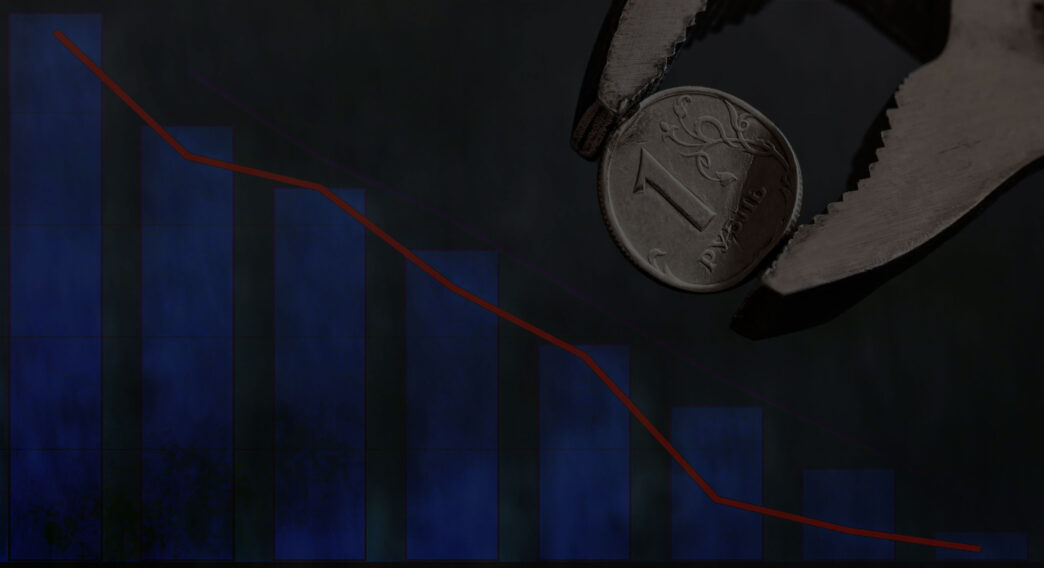Inflation is a critical economic concept that affects everyone, from consumers to businesses and governments. It’s often discussed in the news, but what exactly is inflation, why does it occur, and how does it impact your daily life? In this article, we will break down inflation into simple terms and explore its causes, effects, and how it can influence your financial decisions.
What Is Inflation?
Inflation is the rate at which the general level of prices for goods and services rises over time, leading to a decrease in the purchasing power of money. In simpler terms, it means that as inflation increases, each unit of currency buys fewer goods and services. For example, if the inflation rate is 2%, a product that costs $100 today will cost $102 next year, assuming other factors remain the same.
Causes of Inflation
There are several reasons why inflation occurs, and understanding these causes is key to managing its effects:
Demand-Pull Inflation
This occurs when the demand for goods and services exceeds the economy’s capacity to produce them. When consumers have more money to spend but there aren’t enough products available, prices go up. A common scenario for demand-pull inflation is during periods of economic growth when employment levels are high, and wages rise.
Cost-Push Inflation
Cost-push inflation happens when the costs of production increase, causing businesses to raise prices to maintain profit margins. This can occur due to rising wages, higher raw material costs, or disruptions in the supply chain (e.g., oil price hikes). In this case, companies pass on the increased costs to consumers, which pushes prices up.
Built-In Inflation
Built-in inflation is a result of a cycle where workers demand higher wages to keep up with the rising cost of living, which leads businesses to increase prices to cover these higher wages. This wage-price spiral can perpetuate inflationary pressures over time.
Monetary Policy
Central banks control inflation by regulating the money supply through monetary policy. When too much money is circulating in the economy, it can drive inflation. For example, if central banks lower interest rates or implement quantitative easing, it can lead to more money in the economy, stimulating demand and increasing inflation.
Effects of Inflation
Consumers
The most direct effect of inflation is on consumers’ purchasing power. As prices rise, your money buys fewer goods and services, which can reduce your standard of living if wages do not keep up with inflation. For example, food, energy, and healthcare costs can significantly increase during periods of high inflation, putting pressure on household budgets.
Businesses
For businesses, inflation can lead to higher production costs, which may affect profit margins if they cannot pass these costs on to consumers. However, businesses that can adjust prices in line with inflation can benefit from increased revenue. On the downside, uncertainty about future inflation can lead to reduced investment and planning difficulties.
Investors
Inflation erodes the real value of investments, particularly for fixed-income assets such as bonds. If inflation outpaces the return on an investment, the purchasing power of that investment decreases. On the other hand, some assets, like real estate and stocks, can act as hedges against inflation, as their values tend to rise along with inflation.
Savers
Inflation can be detrimental to savers. If the interest earned on savings accounts is lower than the inflation rate, the real value of savings diminishes over time. For example, if you save $1,000 with a 1% interest rate but inflation is 3%, the purchasing power of your savings declines.
Government
Governments can benefit from inflation in some cases, particularly when it comes to debt. If a government has a large debt burden, inflation can reduce the real value of that debt, making it easier to repay. However, high inflation can also lead to increased borrowing costs and reduce the effectiveness of monetary policy.
How Inflation Impacts You
As an individual, inflation can influence your financial decisions in several ways:
Budgeting: As prices rise, you may need to adjust your budget to account for increased living costs. This might involve cutting back on discretionary spending or seeking additional income sources.
Investing: To protect against inflation, consider investing in assets that historically perform well in inflationary environments, such as real estate, stocks, or commodities like gold.
Savings: If inflation is high, it’s important to choose savings options that offer competitive interest rates. Some banks offer inflation-linked savings accounts, or you can explore higher-return investments to preserve purchasing power.
Debt Management: During periods of inflation, fixed-rate debts like mortgages can be beneficial, as the real value of your debt decreases over time. However, adjustable-rate loans may become more expensive if inflation drives interest rates up.
Controlling Inflation: What Can Be Done?
Governments and central banks use various tools to control inflation:
Interest Rates: Central banks, like the Federal Reserve, can increase interest rates to reduce inflation by making borrowing more expensive and cooling off demand.
Monetary Policy: Reducing the money supply through monetary tightening (e.g., selling government bonds or raising reserve requirements for banks) can help control inflation.
Fiscal Policy: Governments can reduce inflation by cutting public spending or increasing taxes, which reduces demand in the economy.
Conclusion
Inflation is a complex and multi-faceted phenomenon that affects every aspect of the economy. By understanding the causes and effects of inflation, you can better manage your personal finances and make informed decisions about saving, investing, and spending. Whether you’re a consumer, business owner, or investor, inflation will impact you at some point, so staying informed is key to protecting your financial well-being.












Hi, this is a comment.
To get started with moderating, editing, and deleting comments, please visit the Comments screen in the dashboard.
Commenter avatars come from Gravatar.